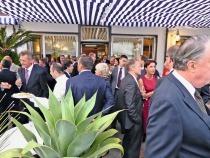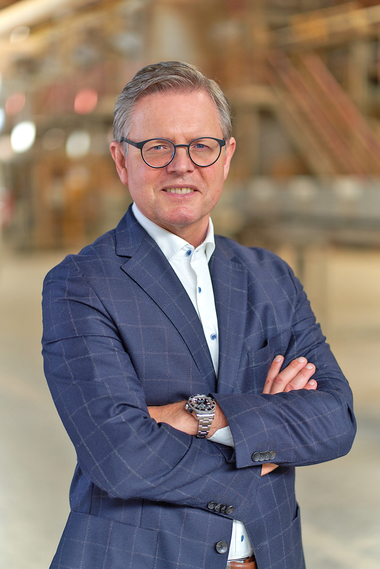Nuclear power and natural gas transitionally sustainable
Statement by Dr Matthias Frederichs, Secretary General of the Federal Association of the German Brick and Tile Industry, on the European Commission’s recently published draft on EU taxonomy.
With the draft of the EU Ordinance on Sustainability Classification (taxonomy), the EU Commission ended 2021 with a bang. Herein, provision is made for classifying nuclear power and natural gas as transitionally sustainable. The debate this draft ignited on climate-friendly labelling of individual sources of energy focusses too narrowly on wishful thinking and ignores real availabilities in the European member states. Germany’s phasing out of nuclear power has been almost concluded, while other countries are relying on this energy source as a bridging technology. For this reason the decision to classify gas-fired and nuclear power plants transitionally as taxonomy-compliant is imperative for climate protection from a pan-European perspective.
If natural gas were already to be classified as “not sustainable” in the near term, this would affect all segments of German industry that use this energy source for their production processes, without any chance for improvement in the mid-term. Only when hydrogen and green power are available in sufficient quantities in a few years, would there be opportunities for access to sustainable funding and green loans. Consequently, for several years, less capital would be channelled into the transformation of European industry. There is the risk of dwindling competitiveness, carbon leakage and, on account of the lack of progress, ultimately, the erosion of Europe’s model function in climate protection.
The Federal Association has presented a roadmap with detailed scenarios on how climate neutrality can be achieved. The annual reduction targets for the first years are based on the transitional technology of natural gas, quite simply because we cannot count on any alternatives being available. The investment required in climate-friendly production is already huge today. To cut industries off from sustainable funding for several years from ideological reasons is completely counterproductive when it comes to achieving the ambitious climate goals. From the perspective of the clay brick and tile industry, the draft therefore shows, irrespective of how one stands to the taxonomy project overall, that the EU Commission has arrived in the energy-policy realities of the member states.







